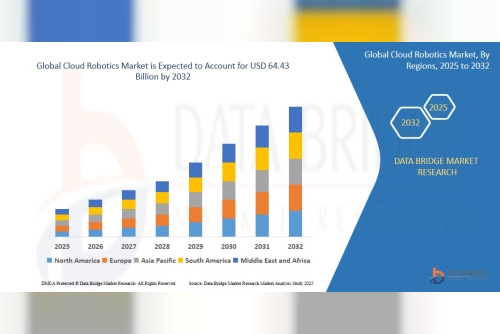Associated Press – In a significant development for the digital advertising world, Google has announced that it will not be eliminating third-party cookies from its Chrome browser as initially planned. This decision marks a notable shift from Google’s previous intentions and provides a considerable relief to advertisers, publishers, and other stakeholders who rely heavily on cookies for online advertising and performance measurement.
Google’s New Approach to User Privacy
On Monday, Google revealed that rather than removing third-party cookies by early 2025, the company will introduce a new experience within Chrome designed to give users more control over their web browsing preferences. In a blog post, Google emphasized that completely phasing out cookies could have adverse effects on online publishers and advertisers, who depend on these cookies for tracking user behavior and delivering targeted ads.
Anthony Chavez, vice president of Google’s Privacy Sandbox initiative, outlined the company’s revised strategy. “We are proposing an updated approach that elevates user choice,” Chavez wrote. “Instead of deprecating third-party cookies, we would introduce a new experience in Chrome that lets people make an informed choice that applies across their web browsing, and they’d be able to adjust that choice at any time. We’re discussing this new path with regulators and will engage with the industry as we roll this out.”
As Google continues to engage with regulators and industry stakeholders, the company’s efforts will likely shape the future of digital advertising and privacy standards. The evolving landscape of online privacy and data protection will remain a key focus for Google and other major players in the tech industry, as they navigate the complex interplay between user rights and business needs.
In summary, Google’s decision to retain third-party cookies, coupled with its new privacy initiatives, underscores the ongoing challenge of balancing user privacy with the practicalities of digital advertising. The revised approach provides a temporary relief for advertisers and publishers while paving the way for continued dialogue and development in the realm of online privacy.












